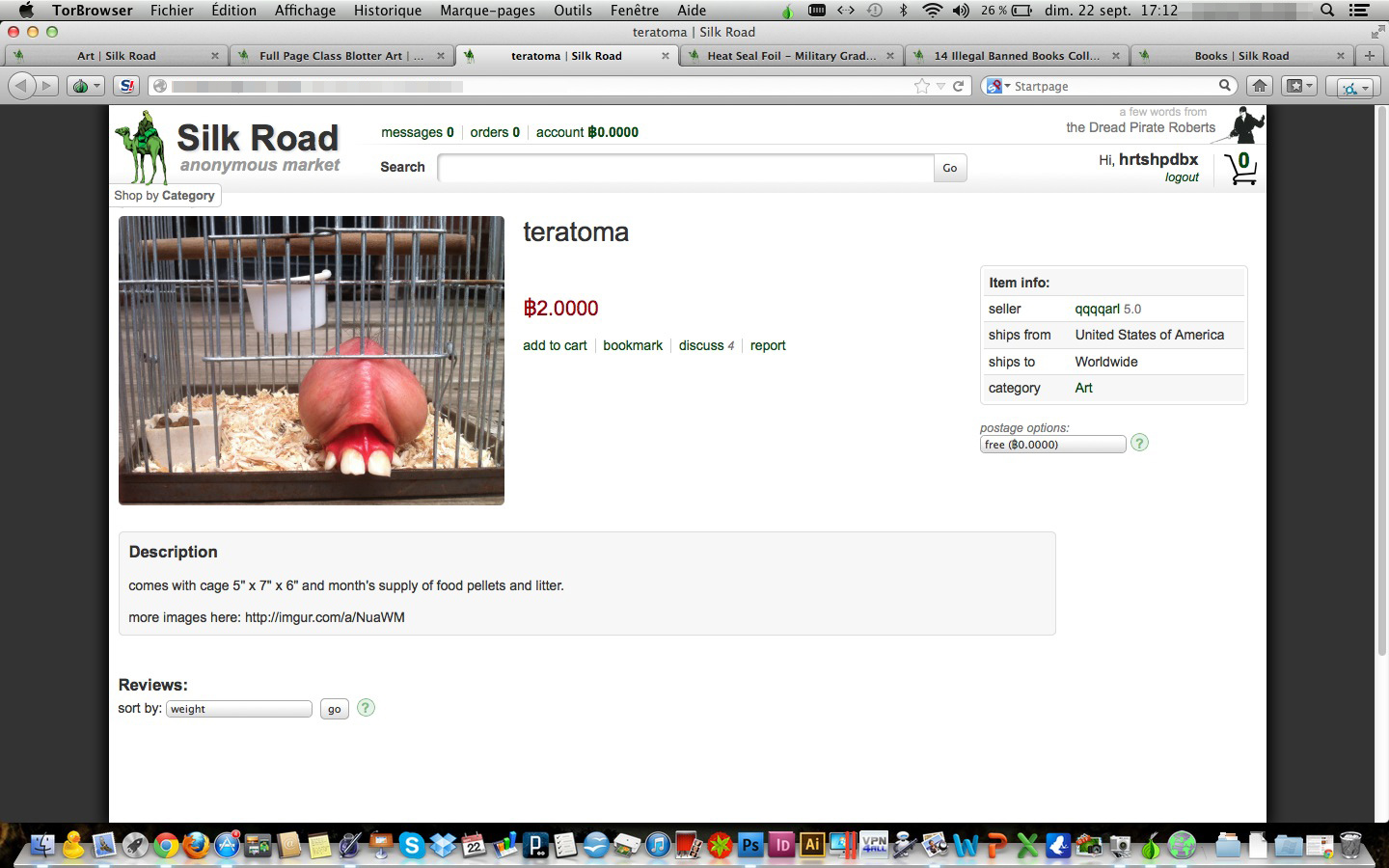Over the past few years, the hidden internet has captured the imagination of a vast audience, becoming a topic of interest in both cultural discourse and news stories. Often portrayed as a mysterious realm filled with forbidden practices, the digital underbelly hosts a variety of marketplaces that operate independently of government control. These venues provide a platform for exchanging goods and services that would typically be considered prohibited, ranging from illegal substances and arms to compromised data and counterfeit currencies. dark market 2025
As we investigate the enigmatic world of darknet marketplaces, it is crucial to comprehend not only the essence of the transactions occurring but also the underlying frameworks that sustain them. Concealed behind layers of encryption and privacy, these venues thrive in the shadows, challenging law enforcement and conventional enterprises alike. By investigating the dynamics of these platforms, we can begin to unravel the complex web of motivations, risks, and payoffs that define the hidden internet's singular marketplace.

Comprehending the Deep Web Ecosystem
The hidden web is a segment of the internet that is not really indexed by standard search engines, thereby creating it a secret domain for many individuals. This portion of the internet operates on special networks that require certain software, such as Tor, to access. In this secluded environment, anonymity is crucial, allowing users to engage in activities that span from the harmless to the illegal. The dark web serves as a platform for multiple goods and services, catering to a diverse community seeking discretion and secrecy.
Within the deep web, markets prosper, offering everything from illicit drugs to compromised data and cyber services. These platforms vary in complexity, with some operating like traditional e-commerce websites, featuring user reviews and marketplace ratings. The trades typically use cryptocurrencies to increase anonymity and protection for both buyers and sellers. This creates an atmosphere where trust mechanisms depend greatly on user connections rather than centralized regulations or control.
Another essential aspect of the dark web ecosystem is the importance of communities and communities. These spaces are often dedicated to disseminating information, experiences, and guidance related to dark web activities. Individuals can disperse knowledge about moving through markets, safety protocols, and maintaining anonymity. This interconnectedness fosters a sense of community, enabling it easier for beginners to participate and find their role while simultaneously increasing the market influence and influence.
Anatomy of Underground Marketplaces
Underground markets are concealed sites on the deep web where users can trade goods and offerings, often involving unlawful transactions. These platforms typically operate using anonymity-preserving tools like Tor, which obscures individuals' names and locations. Buyers and sellers participate through pseudonymous accounts, creating an atmosphere that is both alluring and dangerous. The transactions are primarily executed using digital currencies to improve confidentiality and reduce the risk of tracing funds.
The structure of underground markets usually mirrors that of traditional online shopping sites, showcasing categories for various offerings ranging from narcotics and counterfeit documents to cybercrime services and stolen information. Each product listing often includes user reviews, images, and thorough descriptions. This degree of client feedback builds trust within a community where dependability can otherwise be elusive. In addition, many of these platforms offer holding services that retain payments until clients verify receipt of their purchases, adding a level of security to the transaction.
The dynamic character of dark web marketplaces is shaped by law enforcement actions and in-house market changes. Some marketplaces may thrive for long periods before encountering crackdowns or scams that lead them to collapse. New entrants constantly appear, aiming to fill the void left by fallen giants. Developments and changes within these markets keep users involved, as sellers discover innovative ways to escape capture while catering to the unquenchable demand for illicit goods and offerings.
Risks and Ethical Consequences
Engaging with darkweb platforms presents significant threats to users, both digital and personal. The anonymity that these marketplaces offer can quickly turn into a mixed blessing. Users face exposure to scams, as many vendors may not fulfill advertised products, leaving customers at risk to financial loss. Furthermore, there is the constant risk of law enforcement watching these platforms. Even casual browsing can lead to unintended legal consequences, putting individuals at risk of criminal prosecution, especially in areas with rigorous anti-drug and anti-trafficking laws.
Beyond personal threats, there are broader ethical consequences associated with darkweb platforms. These markets often facilitate the trade of illicit goods and offerings, including drugs, weapons, and illegally obtained data, contributing to a range of community harms. This not only endangers individuals who engage but also affects localities through increased crime rates and healthcare issues. The moral debate surrounding the deep web raises questions about the equilibrium between confidentiality, free speech, and the potential for harm, positioning these markets within a complex moral landscape.
Moreover, the darkweb can act as a sanctuary for illegal activities, which raises significant issues for law enforcement and policy makers. The anonymity provided by these marketplaces complicates the enforcement of laws designed to protect society from harmful goods and services. As deep web markets continue to change, the need for strong legislative frameworks and moral considerations becomes more urgent, prompting continuous debates about how to tackle these issues while respecting individual rights and freedoms.

